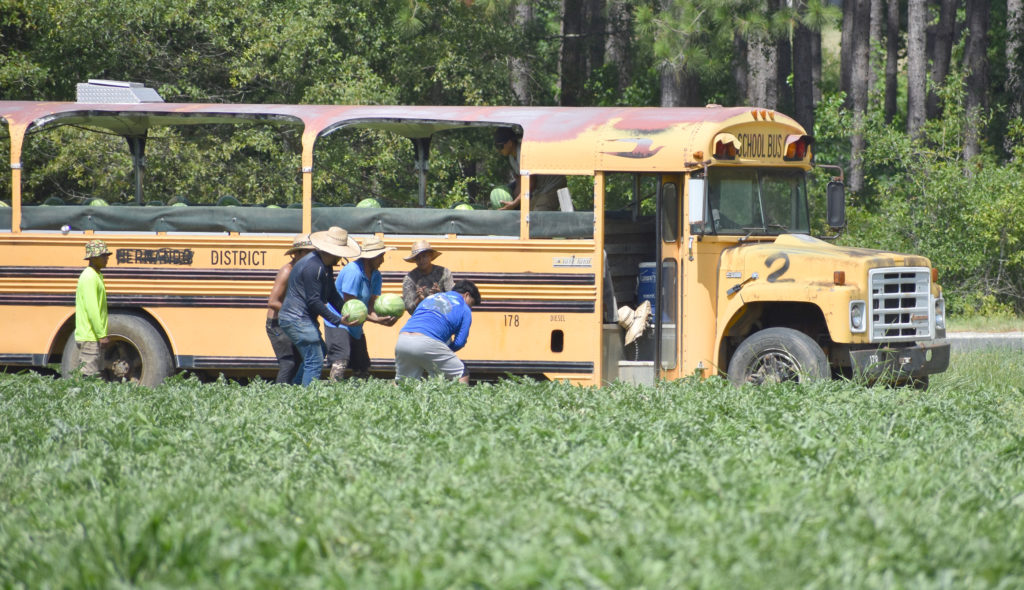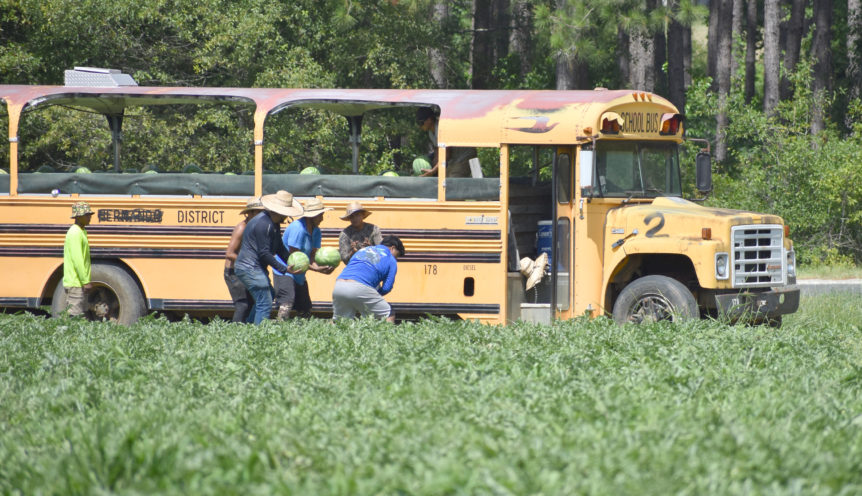
By Clint Thompson
Specialty crop growers scored a significant win last week when the U.S. Department of Agriculture (USDA) announced its intention to discontinue the Farm Labor Survey (FLS).
The FLS helped the Department of Labor determine the AEWR, the minimum wage for H-2A workers in every state. Rates have spiraled out of control in recent years.
Michael Marsh, president and chief executive officer of the National Council of Agricultural Employers, outlines the significance of the announcement made by the USDA.
“I think it is a big win. Our association has been bringing litigation against the Department of Labor since 2019, trying to get them to divorce themselves from using the Farm Labor Survey to establish wage rates for workers in the H-2A temporary ag worker program,” Marsh said.
“It’s a wage rate that’s disconnected from the marketplace for agricultural wages anywhere in the world. It’s unfortunately had the consequence of making U.S. employers non-competitive with their foreign competition. They keep eating away at our market share every year because they’re able to provide food to the U.S. much more cheaply than the farmers that are actually here.”
H-2A Program
The H-2A program allows U.S. employers or U.S. agents who meet specific regulatory requirements to bring foreign nationals to the United States to fill temporary agricultural jobs.
The Southeast continues to utilize a substantial amount of H-2A workers, as evidenced by 2024 statistics. Florida, the largest employer of H-2A labor, accounted for 47,396 positions or 12.3% of all certified positions. Florida’s 2024 mark is still a huge increase from the 39,064 positions certified in 2020.
Georgia increased its certified positions to 43,436, making it the second-largest employer of H-2A labor. North Carolina is the fifth-largest employer with 27,532 certified positions. The Southeast, which comprises Alabama, Georgia and South Carolina, recorded 52,686 certified positions in 2024. That’s an increase from 47,199 in 2023.
Specialty crop producers are not just dependent on a foreign workforce to harvest fruits and vegetables, they have been forced to pay outrageous wage rates per hour what competing countries are paying per day.
“We want to keep and protect American agriculture, and as a consequence of that, we’ve brought repeated litigation against the Department of Labor trying to get them to divorce themselves from the misuse of the Farm Labor Survey for that purpose. Having the department make that determination that they will no longer collect the data for the Farm Labor Survey as part of the Paperwork Reduction Act, I think is really good,” Marsh said. “Those wage rates that have historically spiraled out of control as a result of the misuse of that data won’t be available for the Department of Labor to use against farmers.
“There’s more to come.”










